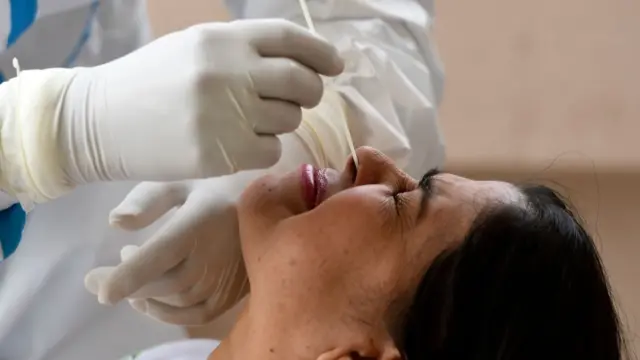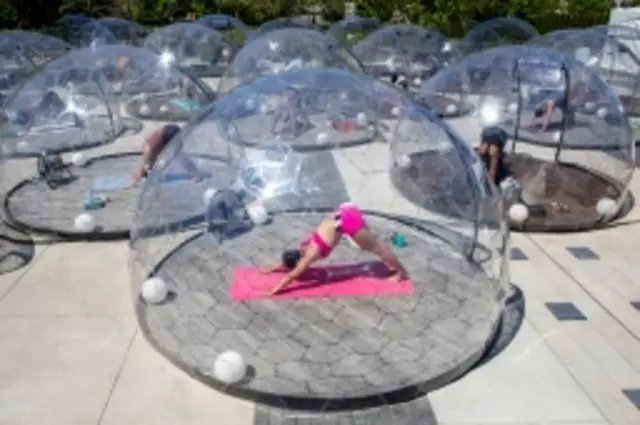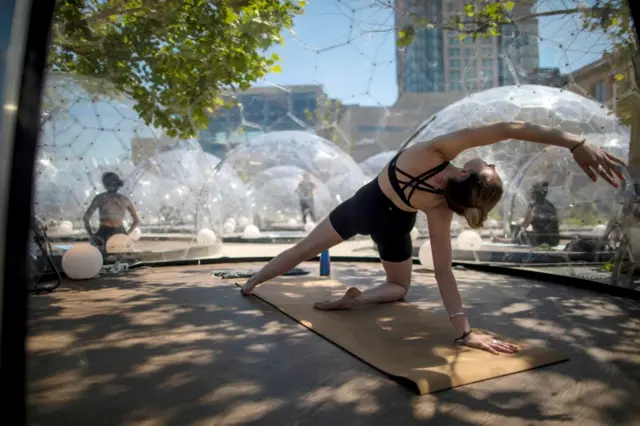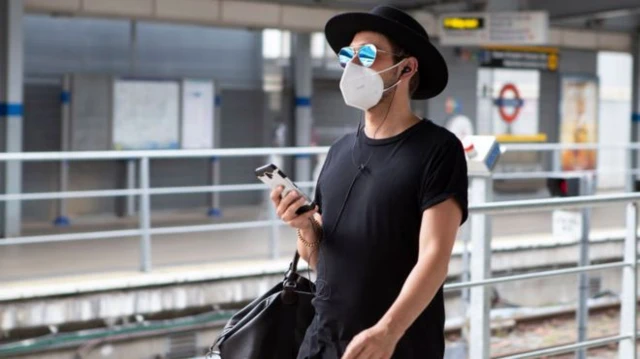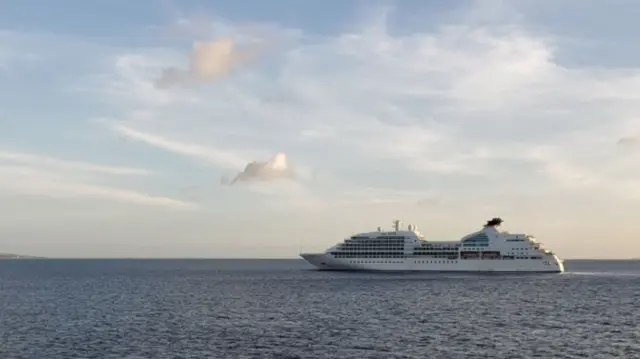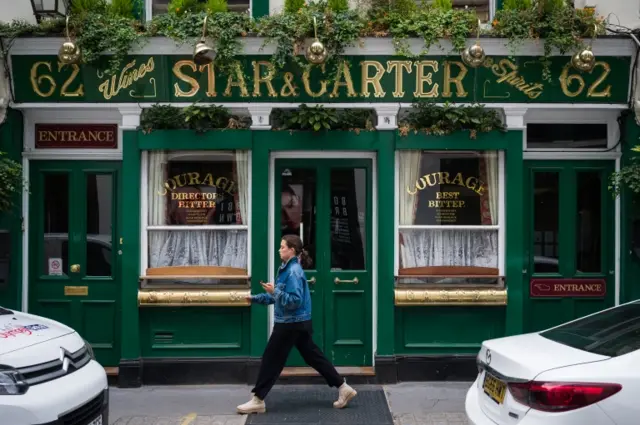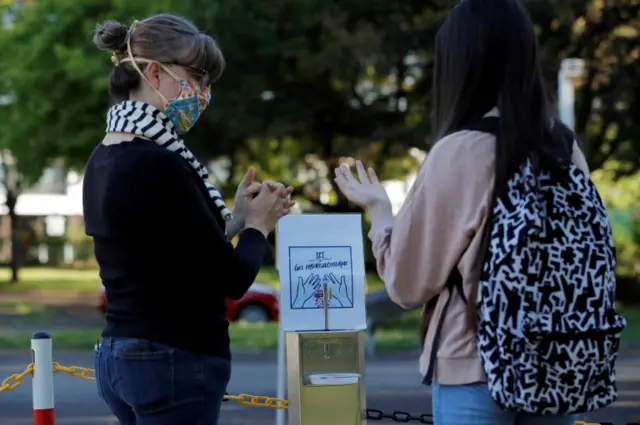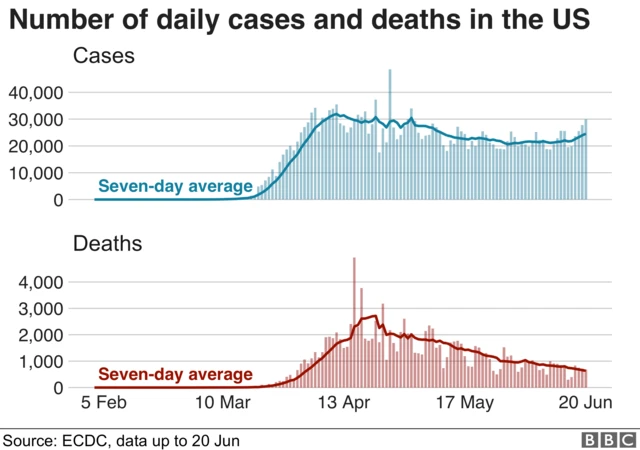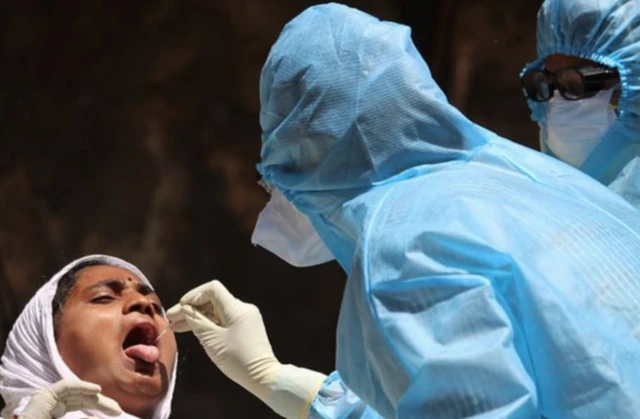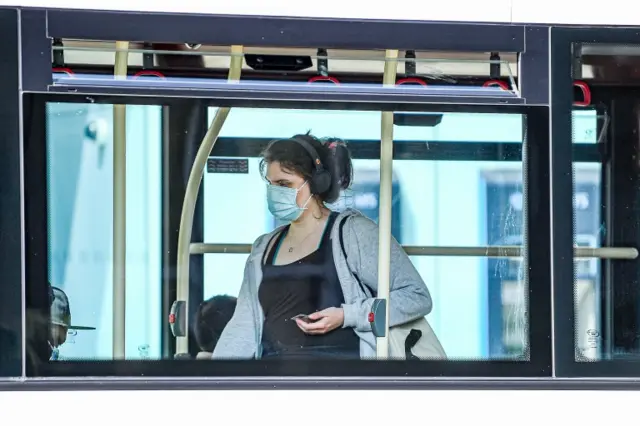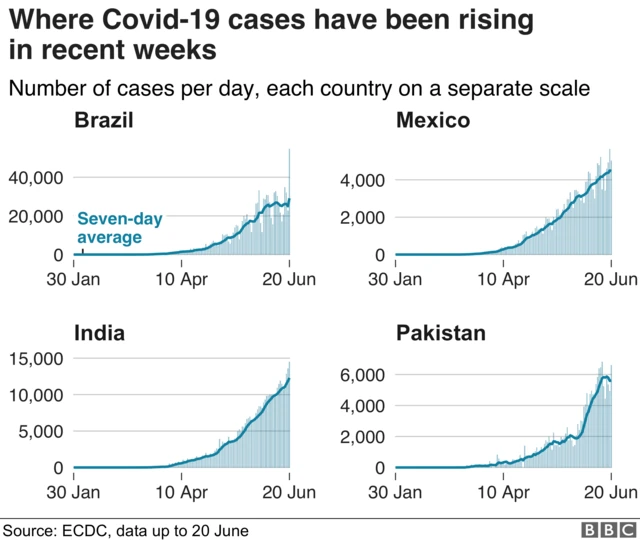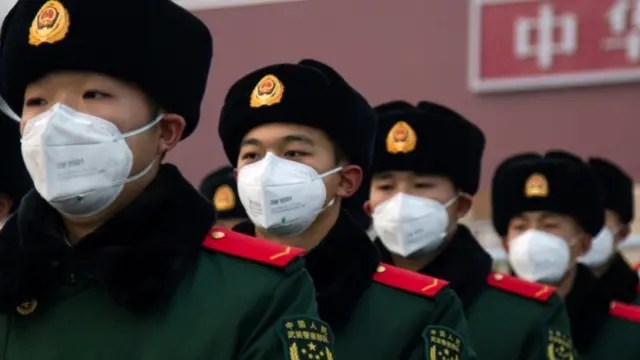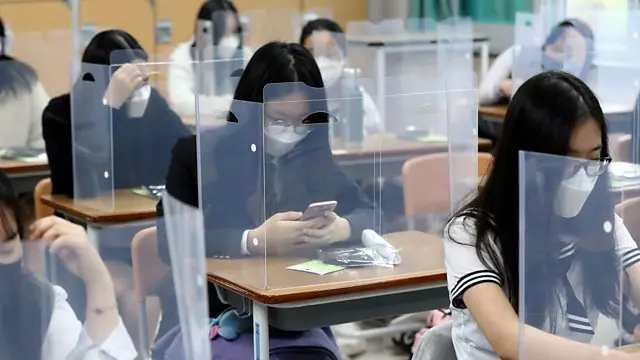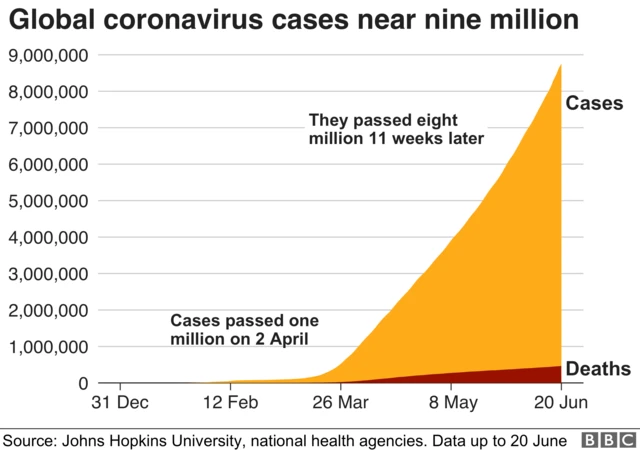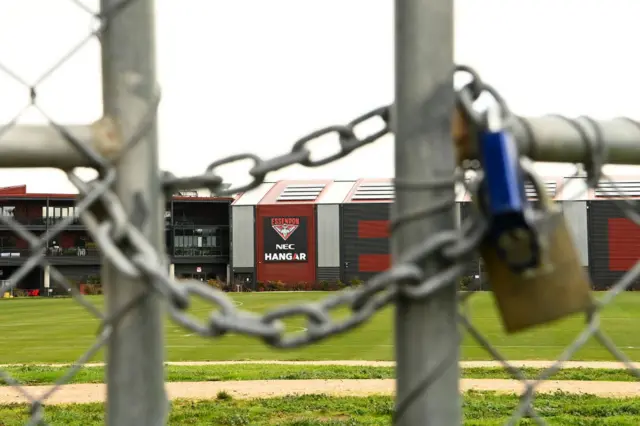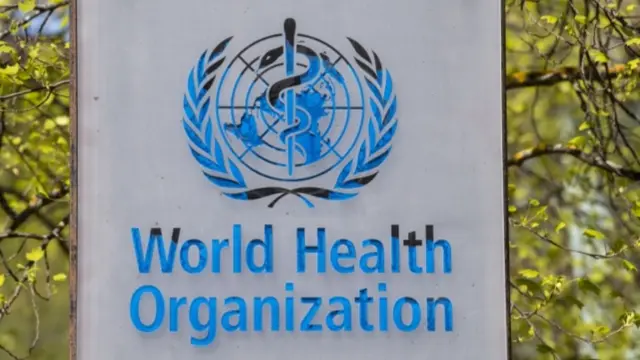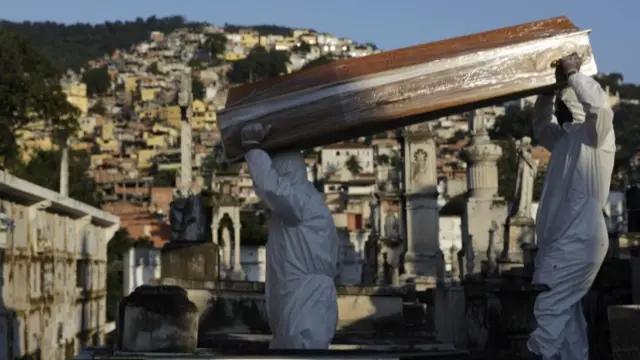Latest headlines from the UKpublished at 08:41 BST 22 June 2020
If you're just joining us this morning, here are the latest coronavirus developments from the UK:
- PM Boris Johnson will discuss England's approach to the changes with the Covid-19 Strategy Committee on Monday. On Tuesday, he is to announce if the hospitality sector can reopen on 4 July and if the 2m distancing rule in can be relaxed. Scotland, Wales and Northern Ireland will decide on these issues separately.
- Lower-income households are using savings and borrowing more during the lockdown, while richer families are saving more as eating out and trips abroad are banned, according to research by the Resolution Foundation.
- The Children's Foundation has warned children are developing serious mental health conditions, including post-traumatic stress, because of the pandemic.
- Face coverings are now compulsory on public transport in Scotland.
- Non-essential shops are reopening in Wales for the first time since coronavirus restrictions began.
- A new "no swab" saliva coronavirus test that lets people collect their own sample at home by spitting into a pot is being trialled in the UK. More than 14,000 GP staff and other key workers, along with the people they live with, will take part.
